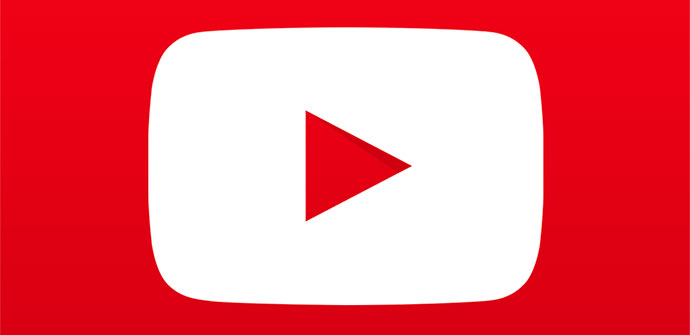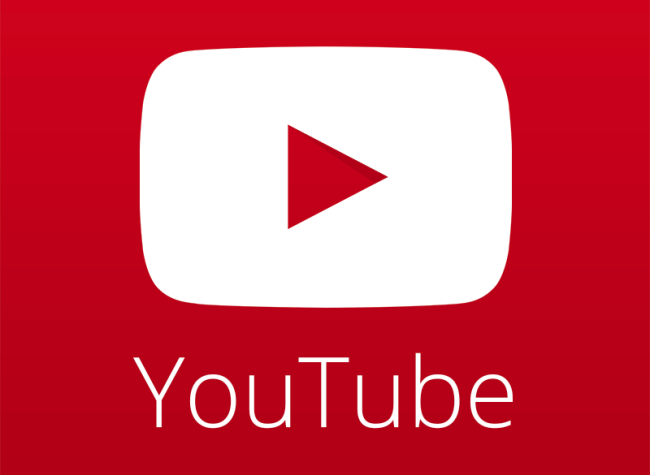
Parece que el esperado servicio de música de YouTube, en el que ya llevaba un tiempo Google trabajando, se ha encontrado con un problema inesperado y que le está obligando a retrasarse. Y, este, no es otro que algunas compañías discográficas independientes se oponen a su lanzamiento.
Lo cierto es que Music Pass, que parece que es el nombre que podría tener este servicio en streaming posibilidad de Google y del que ya se tenían noticias hace bastante tiempo, sigue sin ser oficializado pese a que incluso se habían filtrado evidencias de su existencia en el código de la aplicación específica para dispositivos Android. Y hay una organización que es la que está liderando el “enfrentamiento” con YouTube: Worldwide Independent Network (WIN), que es una organización independiente para músicos “indie” a nivel global (tiene asociados en España, por ejemplo).
El caso es que esta ha emitido una nota de prensa en la que expresa que no están conformes con las formas de actuar de YouTube, ya que las condiciones ofrecidas a las organizaciones independientes (que no a las grandes compañías) son injustas, ya que las compensaciones se sitúan por debajo de las que en este momento compañías como Rdio o Spotify ya establecen. Es más, indican que los términos ofrecidos no son negociables.
El caso es que según The New York Times, parece que el problema se centra en que los beneficios que se generen por las emisiones, debido a las condiciones establecidas, impedirían que las compañías independientes (así como los grupos que actúan de esta forma), difícilmente consiguieran recibirlos. Por lo que, evidentemente, se oponen al lanzamiento de la plataforma en estos momentos y, habrá que ver, si son capaces de parar el lanzamiento del servicio de música de YouTube.
Los «grandes» sí que parece que están conformes
Lo cierto es que todo hace indicar que los contratos con las grandes compañías, como por ejemplo Universal o Sony, van avanzando y que con alguna de ellas ya habría acuerdo. Por lo tanto, parece que las condiciones impuestas o no serían las mismas o sí que les permitirían a estas discográficas sacarle el partido necesario. Eso sí, por ahora no hay ningún comunicado oficial por parte de Google (algo lógico por otro lado, ya que hasta el momento no se ha confirmado la llegada de esta plataforma para YouTube).
El caso es que la llegada del servicio de música sin las compañías independientes, de producirse, podría ser viable pero dejaría en desventaja a esta frente a sus rivales en el mercado que sí disponen de acuerdos con ellas. El caso es que WIN parece tener muy claro que en este momento no ven el acuerdo factible… veremos si esto puede cambiar en poco tiempo y finalmente se pone en marcha el servicio de YouTube con un catálogo completo.
Esta es la nota de prensa que la WIN ha publicado (en inglés):
«London, May 22nd 2014 – The Worldwide Independent Network (WIN), the organisation that represents the interests of the global independent music community has responded to news that YouTube intends to block the content of members who do not sign a new music streaming agreement describing it as ‘unnecessary and indefensible’ WIN was formed in 2006 to represent the global independent industry, which boasts the second largest global market share after Universal. As reported by several news sources: (http://www.hypebot.com/hypebot/2014/04/YouTube-music-subscription-music-service-to-launch-this-summer-report-.html) YouTube is expected to launch a new music streaming service. The service has apparently negotiated separate agreements with the three major labels – Sony, Warner and Universal – but according to WIN’s trade association colleagues has yet to reach any substantive agreement with their members. At a time when independent music companies are increasing their global market share WIN has raised major concerns about YouTube’s recent policy of approaching independent labels directly with a template contract and an explicit threat that their content will be blocked on the platform if it is not signed. According to WIN members, the contractscurrently on offer to independent labels from YouTube are on highly unfavourable, and non-negotiable terms, and undervalue existing rates in the marketplace from existing music streaming partners such as Spotify, Rdio, Deezerand others. WIN has held extensive talks with YouTube at their instigation over the last 24 hours to try and resolve this issue but no progress has been made. WIN’s request for YouTube to rescind the termination letters sent to its members has not as yet been agreed to. Alison Wenham, CEO of WIN and Chairman of AIM (Association of Independent Music, UK)said, “Our members are small businesses who rely on a variety of income streams to invest in new talent. They are being told by one of thelargest companies in the world to accept terms that are out of step with the marketplace for streaming. This is not a fair way to do business.WIN questions any actions by any organization that would seek to injure and punish innocent labels and musicians — and their innocent fans— in order to pursue its ambitions. We believe, as such, that these actions are unnecessary and indefensible, not to mention commercially questionable and potentially damaging to YouTube itself, given the harm likely to result from this approach. The international independent music trade associations call uponYouTube on behalf of their members to work with them towards an agreement that is fair and equitable for all independent labels. This has uncomfortable echoes of similar behaviour by MTV ten years ago, who chose initially to take a similar approach in undervaluing the independent sector, but who subsequently concluded a deal on fair terms, which lasts to this day. It is for every company to determine their own commercial arrangements, but it is in no one’s interests to see independent artists being undervalued in the digital marketplace. Other organisations and WIN members from around the world also joined calls for YouTube to re-consider its position. Statements of support have so far been received from organisations in the following countries- Australia
- Austria
- Brazil
- Canada
- Denmark
- Finland
- France
- Germany
- Italy
- Netherlands
- New Zealand
- Portugal
- Spain
- Sweden
- South Korea
- UK
- USA
- Vietnam»
Vía: The New York Times
